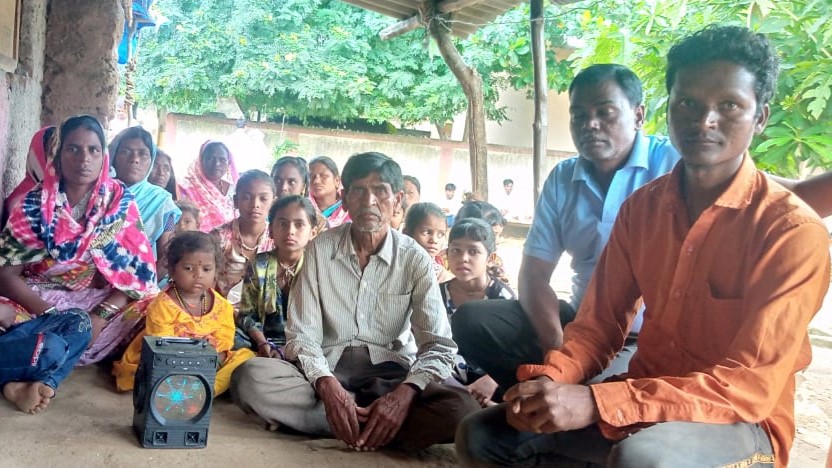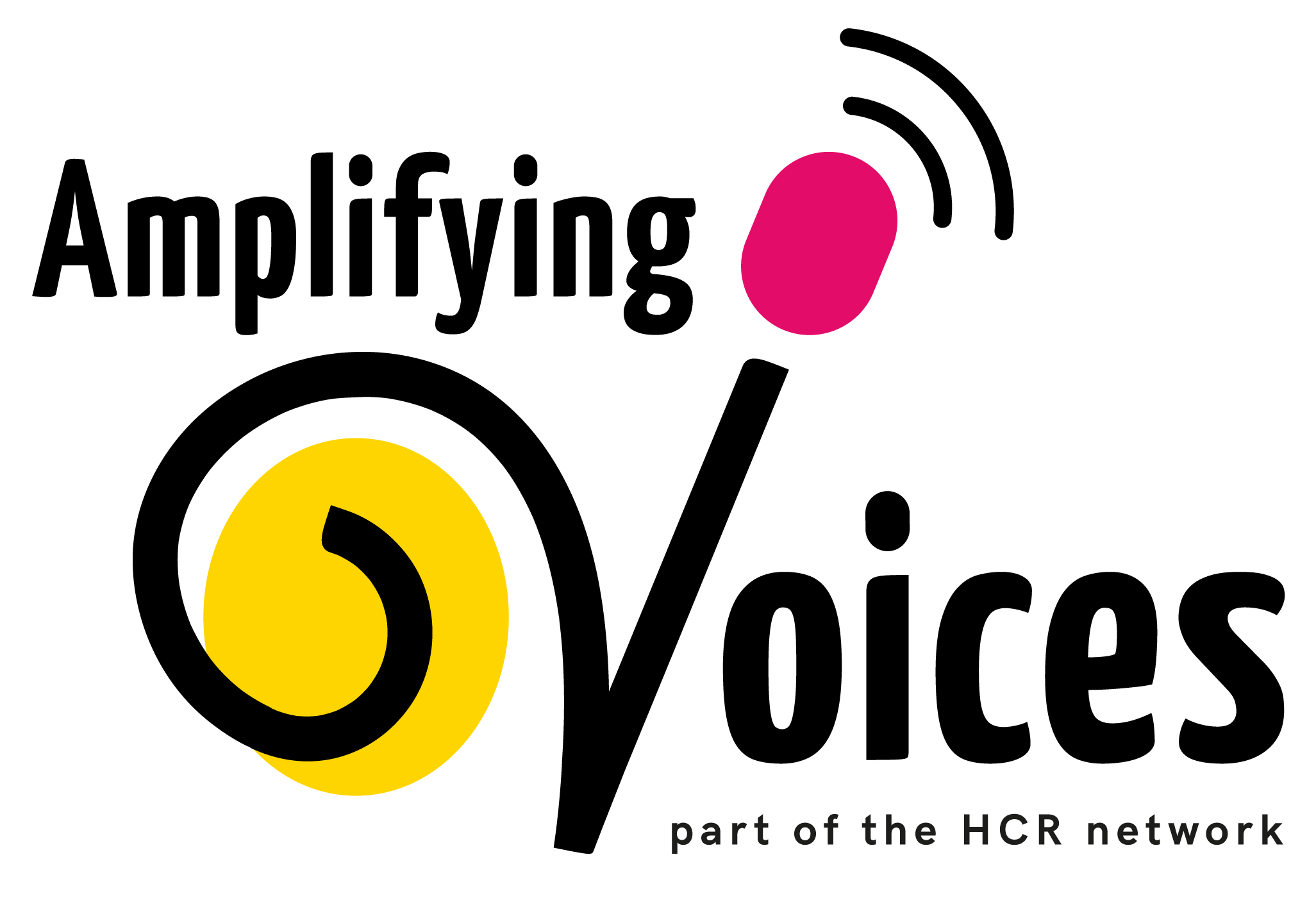
“Let me die at home!”
“Speak up for those who cannot speak for themselves!” Proverbs 31:8
Mirabai (not her real name) was admitted to hospital in the city on 19th September suffering with abdominal swelling and terrible pain in her body. Normally she wouldn’t go to hospital, but she had heard on the speakerbox in her village in India about symptoms of uterine cancer, which was prevalent among Adivasi communities, and that it was important to get treated as early as possible. As an Adivasi woman, classified in India as a person from a “scheduled tribe“, the presenter on the speakerbox programme told her that her medical expenses would be covered under the MJPJAY programme.
When our colleagues from SEVA, who made the programme, went to visit her, shortly after her arrival, no beds were available and no doctor would treat her. Bewildered and in a strange city, far from friends and family, she was told that she first had to pay before she could receive treatment and be admitted into the hospital. “But I have no money,” she told them, “I was told that treatment would be free.”
At the time of writing, 28 days after arriving in the city, Mirabai has been admitted to hospital only because the SEVA team advocated on her behalf and the only pain killers she has received has been from the SEVA team, who also paid for her to have a scan. Sadly it seems she does have cancer and it has already spread around her body, but still no treatment has been forthcoming.
“Please let me die at home. It is better to have my family with me than to die as a stranger in a place I do not know.”
In a very frail and weakened state Mirabai told the team this morning, “Please let me die at home. It is better to have my family with me than to die as a stranger in a place I do not know.” While the SEVA team makes arrangements to help her get back to her village and ensure she has appropriate medication, the team leader frustratingly said: “This injustice seems to be common. By law she is entitled to healthcare under the Mahatma Jyotirao Phule Jan Arogya Yojana scheme, however the reality is that she did not have a voice to exercise her rights.”
Since the Adivasi Voices project began in 2018, a major thrust of the project has been to inform local communities of their rights under the law and the range of services that are available to them free of charge. They have had some success, such as when one village was able to access government support to get gas cookers to free them from the harmful effects of cooking over wood fires in their homes (See Sanghitha’s story).
“We realise that we’re just scratching the surface of this problem,” said team member Sam. “Awareness of your rights is not enough if you don’t have the power to exercise them,” he added.
It can often feel like there is nothing we can do in the face of injustice and inequality, however over the coming days, the SEVA team will be looking at how they can strengthen their advocacy role for Adivasi communities. They recognise there are three main ways they could help:
- Advocacy by the communities themselves: Involving the communities in conversation and helping them see that when many people join together to call for change, powerful decision-makers can be influenced and difficult situations can change. This can be a very effective and sustainable way to do advocacy as it gives integrity and legitimacy to the activities and challenges of unjust power relations.
- Advocacy with the communities: By bringing together communities affected by an unjust situation with other communities, groups and organisations who are not directly affected, collaborative action can effect change.
- Advocacy for the communities: SEVA also recognises that it has a role to advocate on behalf of communities affected by an unjust situation, especially where they are unable to speak out because of fear or danger. They recognise this will involve strengthening relationships and trust with health service providers, informing them of the plight of tribal people and holding them to account when services are withheld or rights are ignored.
Mirabai’s story makes us want to scream against systems that perpetuate inequality, unfairness and injustice. It has served as a reminder to our team at Amplifying Voices that we need to keep doing all we can, no matter how small, to work towards a time when all people, everywhere have an opportunity to live a life in peace and with dignity. In the meantime our hearts go out to Mirabai and her family and community, and the many people like her who are victims of injustice.
The Adivasi Voices Project is a partnership initiative between the SEVA organisation and Amplifying Voices, using community-centred media approaches to bring positive change to resource-poor tribal communities that often feel neglected and marginalised.
Photo: An Adivasi listener group with speakerbox.
